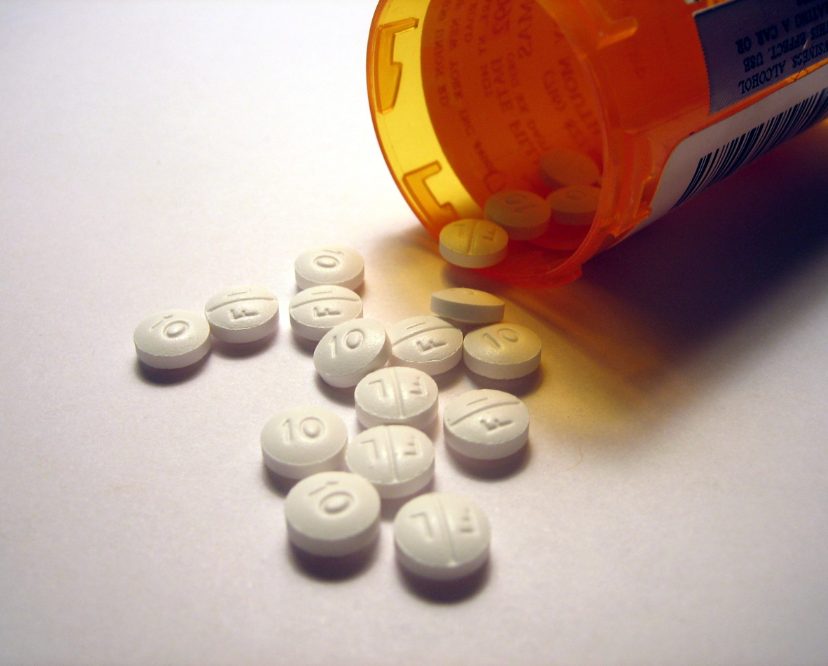Understanding Major Depressive Disorder: Recognizing the Signs and Knowing When to Seek Help

Imagine feeling like you’re carrying around a heavy backpack filled with invisible weights. Every step, every smile, every laugh feels tougher, and some days, getting out of bed feels like the biggest challenge in the world.
Major Depressive Disorder (MDD) isn’t just about “feeling sad” for a day or two; it’s a type of depression that impacts all areas of life—mood, energy, focus, and even sleep. Depression, including the severe symptoms of MDD, is a real and challenging condition, and it’s important to understand how to recognize it and know when to reach out for help.
What is Major Depressive Disorder?
MDD, also called clinical depression, is a type of mood disorder where someone feels persistently low for at least two weeks or more. It’s different from feeling down after a tough day; instead, it impacts thoughts, feelings, and even physical health.
In fact, medical conditions like chronic illness can sometimes increase the risk of MDD. People with MDD often experience a loss of interest in things they once enjoyed, and their motivation and energy seem to disappear. They might feel like life has lost its color or excitement, even when they’re around friends or doing things they normally like.
Common Symptoms of Major Depressive Disorder
Here are the main signs of MDD. Recognizing them early is important, especially because it can help people explore treatment options like cognitive behavioral therapy (CBT), antidepressant medications, and other support.
1. Persistent Sadness or Low Mood
People with MDD often feel sad or empty most of the time. This low mood might linger, even if things seem okay to others. It’s a feeling that sticks around and doesn’t just “go away” after a day or two.
2. Loss of Interest in Activities
For someone with MDD, even activities they used to enjoy, like sports, music, or spending time with friends, can feel uninteresting. It’s as if their mind can’t register joy or excitement anymore. This loss of interest in what used to bring happiness is one of the clearest signs of depression.
3. Changes in Sleep Patterns
Sleep problems are common in people with MDD. Some might sleep way more than usual, while others have insomnia and can’t fall or stay asleep. Both patterns leave them feeling tired or drained, even if they spend a long time resting.
4. Low Energy and Fatigue
People with MDD may feel as if their energy has vanished. Simple tasks like brushing teeth or getting ready for the day might feel overwhelming. This ongoing tiredness can make school, sports, and even socializing feel like too much.
5. Feelings of Worthlessness or Guilt
Someone with MDD might constantly feel worthless or think they’re “not good enough.” They may feel extreme guilt over things they didn’t even cause, which can add to their stress and make it hard to think positively about themselves.
6. Difficulty Concentrating
For someone with MDD, focusing on schoolwork, making decisions, or even following a conversation can be hard. Imagine trying to think clearly while in a fog—it’s difficult, and it makes everyday tasks seem confusing.
7. Changes in Appetite or Weight
Appetite and weight can go up or down. Some people eat more as a way to cope, while others may lose interest in food altogether. Both changes are ways the body reacts to stress and can be signals of a mood disorder.
8. Restlessness or Feeling Slowed Down
Depression can make some people feel restless, like they can’t sit still, while others might feel like they’re moving in slow motion. These physical symptoms are often visible and can be signs of MDD.
9. Physical Aches or Pains
Even though MDD is a mental health condition, it can also cause physical pain, such as headaches or stomachaches, with no medical cause. This can be confusing, but it’s another way the body reacts to stress.
10. Thoughts of Death or Suicide
One of the most serious symptoms of MDD is thinking about death or attempting suicide. People with MDD might feel so overwhelmed that they believe these thoughts are their only option. If you or someone you know feels this way, it’s vital to reach out for help immediately. You can talk to a friend, parent, or counselor, or call 911 in an emergency.
What Increases the Risk of MDD?
Some things may increase the risk of developing MDD. Family history, trauma, stress, and even medical conditions like chronic illness can play a part. Teens are especially at risk because they’re going through big changes, both physically and emotionally. If someone has tried to attempt suicide in the past or has a history of severe stress, they might be more likely to experience depression.
Treatment Options for Major Depressive Disorder
While MDD can be overwhelming, there are many ways to help manage and treat it. These include therapy, medication, lifestyle changes, and support from friends and family.
1. Cognitive Behavioral Therapy (CBT)
CBT is a type of talk therapy that helps people understand and manage their thoughts and feelings. It’s a common approach for treating depression, especially among teens. CBT teaches skills that can make it easier to handle stress and develop healthier thought patterns.
2. Antidepressant Medications
Medications prescribed by doctors can help stabilize mood and reduce the severity of depressive symptoms. However, they may have side effects and should only be taken under medical supervision.
3. Lifestyle Changes
Simple changes can help improve mental health. Exercise, even something as simple as a daily walk, can boost mood. Good nutrition, regular sleep, and a support network are all important. Sometimes small changes make a big difference in managing depression.
4. Support Systems
Having friends or family who understand and support you can make a big difference. Being able to talk openly about feelings and knowing someone is there to listen can help reduce feelings of loneliness.
Supporting a Friend with MDD
If you have a friend who seems to be experiencing these symptoms, it’s important to be there for them without judgment. You can:
- Listen and Be Supportive: Let them know you’re there to listen and that they’re not alone.
- Encourage Them to Get Help: Encourage your friend to talk to a parent, counselor, or doctor. Sometimes, just suggesting it can help them feel supported.
- Take Care of Yourself, Too: Supporting someone with MDD can be challenging, so make sure you also take care of your own well-being.
The Long-Term Effects of MDD
MDD can impact someone’s life long-term if left untreated. It may interfere with school, friendships, and even self-confidence. The good news is that treatment—whether it’s therapy, lifestyle changes, or medication—can help. Remember that asking for help is always a good choice, and treating depression early can make a big difference.
The Takeaway: You’re Not Alone
Major Depressive Disorder is a serious condition, but help is available. Whether it’s treatment options like therapy, medication, or talking to someone who cares, there are ways to manage and overcome depression. If you or someone you know is struggling, reach out. Getting help is a sign of strength, and there’s always hope.









Leave a comment